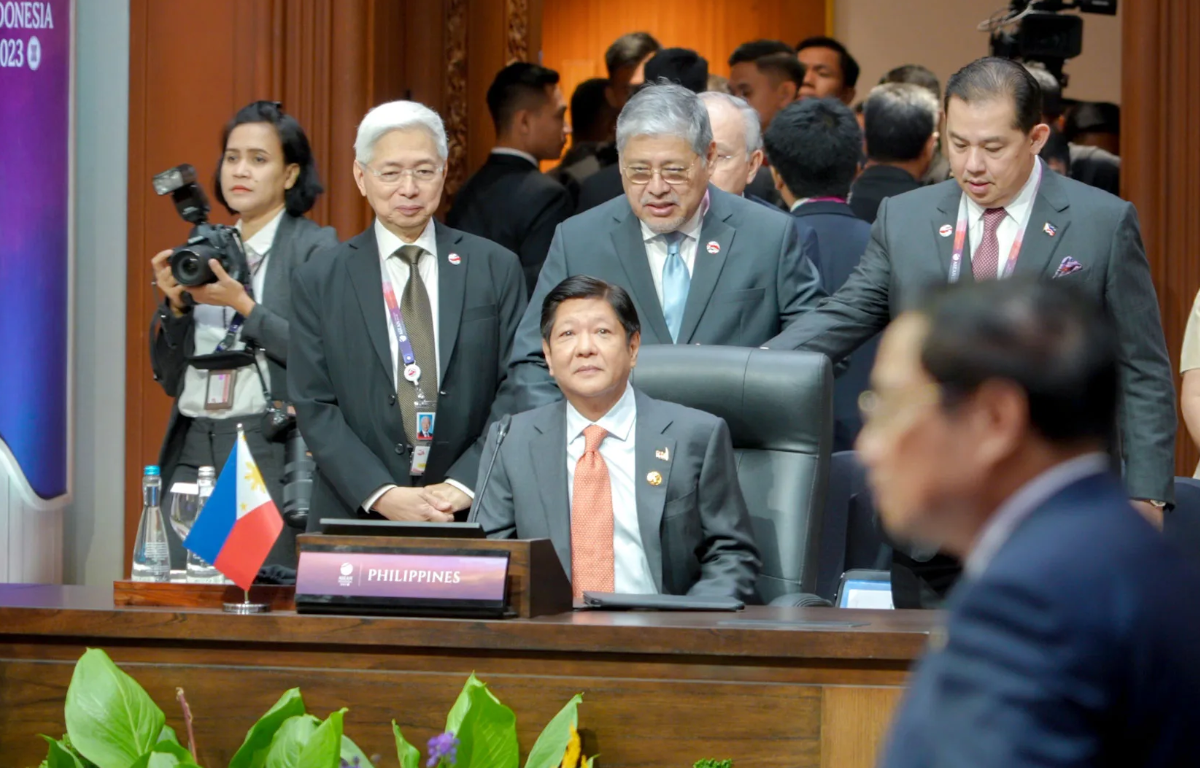
New Zealand’s economic relationship with China has been substantial, with China being its largest trading partner. The two countries share a mutually beneficial trade partnership, driven by New Zealand’s agricultural exports and China’s burgeoning middle class. However, this economic interdependence has also led to concerns about overreliance and vulnerability. New Zealand is recognizing the need to diversify its trading partners to reduce economic risks tied to a single market.
China’s expanding influence in the Pacific region has raised security concerns for New Zealand. Its increased military presence and infrastructure projects in the South Pacific have triggered fears of potential power imbalances. Additionally, cyber espionage and foreign interference allegations have further strained relations. New Zealand’s Five Eyes intelligence alliance with Australia, Canada, the United Kingdom, and the United States has placed it in a delicate position, as these allies grapple with their own strategies to address China’s influence.
As New Zealand recalibrates its foreign policy, it is actively seeking ways to balance its economic interests with security imperatives. The country’s Pacific Reset policy aims to bolster its engagement in the Pacific Islands, countering China’s growing presence in the region. By increasing aid, fostering development, and supporting regional security initiatives, New Zealand aims to strengthen its relationships and influence in its immediate neighborhood.
New Zealand’s stance on allowing Chinese telecommunications giant Huawei to participate in its 5G network rollout exemplifies the challenges it faces. Balancing economic gains against national security concerns, New Zealand chose to restrict Huawei’s involvement but did not outright ban it. This approach showcases the delicate diplomatic dance required when dealing with an economic partner whose actions raise security questions.
To mitigate potential vulnerabilities and address security apprehensions, New Zealand is actively fostering alliances beyond its traditional partners. Strengthening ties with nations such as Japan and South Korea provides New Zealand with alternative economic avenues and security collaboration options. These partnerships contribute to the country’s efforts to enhance its strategic autonomy.










Share this: